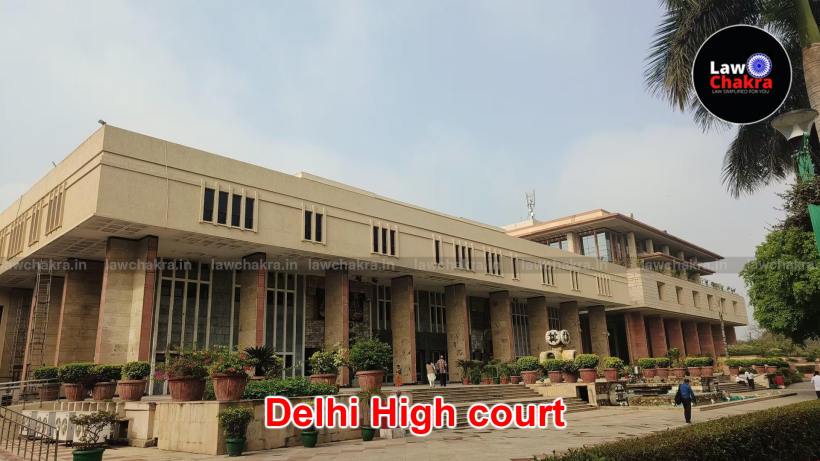Judiciary Proactive In Building Arbitration-Friendly India, Says CJI BR Gavai

Chief Justice BR Gavai highlights the Indian judiciary’s active role in promoting arbitration through progressive Supreme Court judgments. He urges alignment with international best practices to boost investor confidence and business growth.
London: Today, on June 06, Chief Justice of India (CJI) BR Gavai spoke on Friday about how the Indian judiciary is actively working to create a better environment for arbitration in the country.
He explained that many important judgments given by the Supreme Court in recent years prove this point.
he said,
“While legislative reforms have significantly strengthened India’s arbitration framework, the judiciary has also played a proactive role in fostering a more arbitration-friendly environment. Various progressive judgments by the Supreme Court of India over the last few years stand testament to this. Nonetheless, the enormity of India as a country has ensured that certain on-ground challenges continue,”
The CJI highlighted that the Indian courts respect the independence of arbitration and only intervene when justice demands it.
This approach helps maintain the balance between the court system and arbitration processes.
he added,
“The Indian judiciary has and will continue to recognise and respect the autonomy of the arbitral process, ensuring that courts step in only when demanded by the needs of justice,”
He also mentioned that by adopting international best practices and adjusting them to fit India’s legal and business environment, the country can build trust among investors and strengthen its position in the global market.
the CJI emphasized,
“By embracing international best practices and aligning them with our legal and business ecosystems, we can create an environment that fosters confidence, encourages investment, and propels India’s position in the global economy,”
CJI Gavai made these remarks while speaking in London at a discussion organised by Indian law firm Trilegal. The topic of the discussion was ‘Navigating the Evolving Landscape: The Impact of the 7th Edition of the SIAC Rules on India-Related Arbitrations’. The event was supported by the Singapore International Arbitration Centre (SIAC).
He pointed out that the 7th Edition of the SIAC Rules is designed to improve efficiency in arbitration while maintaining fairness for all parties involved.
he said,
“The 7th Edition of the SIAC Rules is a forward-looking endeavour aimed at enhancing efficiency while balancing fairness,”
The CJI explained that Indian companies, which are increasingly working internationally, will find these rules both an opportunity and a challenge.
They offer a chance to follow global standards but also require India to raise its own arbitration practices.
he said,
“For India, whose commercial players are increasingly global in outlook and operation, these rules offer both an opportunity and a challenge. The opportunity to align with international best practices, and the challenge to elevate our own standards while balancing them,”
He stressed that when combined with the strong legal systems in both India and Singapore, these rules can boost business and trade by providing a trustworthy place to resolve disputes.
the statement read,
“The judge stressed that, combined with the robust and supportive legal systems of both Singapore and India, these Rules can play a significant role in promoting business activities,”
Stronger dispute resolution methods will give international investors more confidence and encourage them to do business across borders, knowing there is a reliable way to solve disagreements.
he added,
“Strengthening of dispute resolution mechanisms will build greater confidence among international investors, encourage them to engage in business ventures across borders by offering a reliable forum for resolving disputes,”
CJI Gavai also encouraged Indian arbitration bodies to learn from SIAC’s example and work towards creating world-class arbitration systems in India.
This includes investing in infrastructure, training skilled and diverse arbitrators, and ensuring courts do not interfere unnecessarily.
he said,
“The new Rules encourage Indian institutions to take a leaf from the SIAC’s book and strengthen their commitment to developing world-class arbitration frameworks. This includes investing in the necessary infrastructure, building a skilled and diverse cadre of trained arbitrators, and ensuring consistent judicial non-interference. The strides being made by the SIAC and the success story of Singapore as an arbitral destination provide many inspiring lessons for the Indian arbitral ecosystem,”
The discussion was attended by important legal figures including Solicitor General Tushar Mehta, Lord David Neuberger (former President of the Supreme Court of the UK and serving judge of the International Commercial Court of Singapore), Senior Advocate and SIAC Court member Darius Khambata, Shwetha Bidhuri (Director & Head, South Asia, SIAC), Sapan Gupta (Vice President and Group General Counsel at Arcelor Mittal), Sidharth Sharma (General Counsel at Tata Sons), and Nitesh Jain (Partner at Trilegal).
Click Here to Read Our Reports on Ex CJI Sanjeev Khanna





